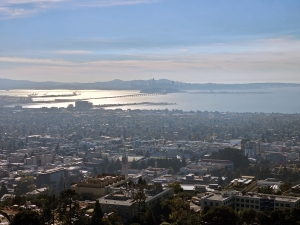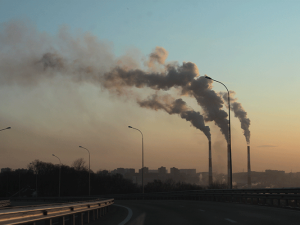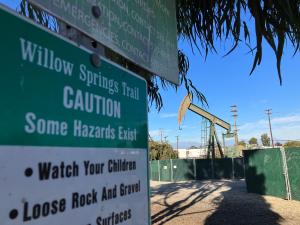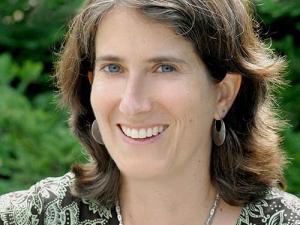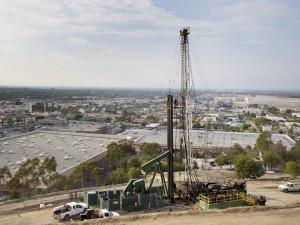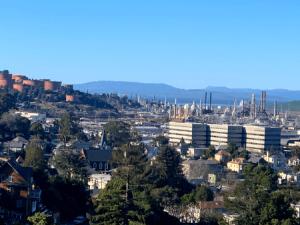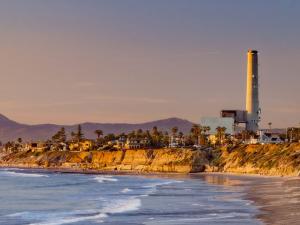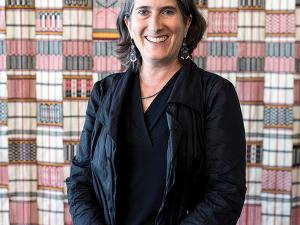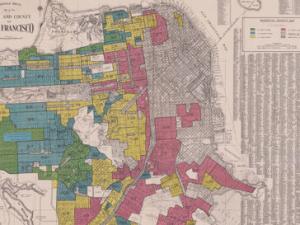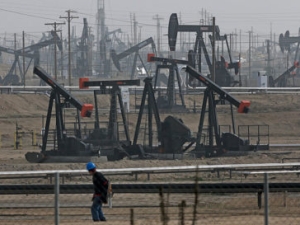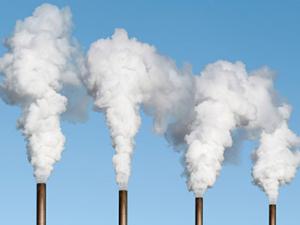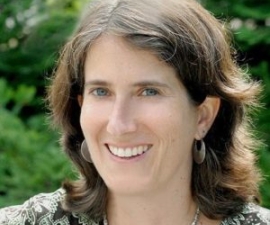

Research Bio
Rachel Morello-Frosch is a Professor in the Department of Environmental Science, Policy and Management and the School of Public Health at UC Berkeley. For over 20 years, her research has examined social determinants of environmental health among diverse communities with a focus on inequality, psychosocial stress and how these factors interact with environmental chemical exposures to produce health inequalities. Much of her work has examined this environmental justice question in the context of climate change, ambient air pollution, exposures to environmental chemicals and effects on fetal growth and developmental outcomes, often using community-based participatory research methods for data collection. In collaboration with communities and scientists, Dr. Morello-Frosch has also developed science-policy tools for assessing the cumulative impacts of chemical and non-chemical stressors to improve regulatory decision-making and advance environmental justice. In addition to her scientific articles, Rachel is a co-author of Contested Illness: Citizens, Science and Health Social Movements. Her research is supported by NIH, NSF, Cal-EPA, the California Breast Cancer Research Program and private foundations. She is a member of the National Academy of Medicine.
Research Expertise and Interest
environmental health, environmental justice, climate change and health, public impact research/scholarship, community-engaged research/scholarship, community-based research partnerships, social justice research
In the News
Study Shows PFAS Threat to Drinking Water in Rural, Predominantly Latinx Communities
Historical Redlining Linked to Lower Urban Wildlife Biodiversity in California
Wildfire Smoke Disproportionately Affects California’s Indigenous Communities, New Research Shows
50 Years After Being Outlawed, Redlining Still Drives Neighborhood Health Inequities
Deadly Fungi, Toxic Tides, and Wildfire Smoke
Racial Gap in Air Quality May Persist Under Biden Program, Study Finds
As Rising Seas Disrupt Toxic Sites, Communities of Color Are at Most Risk
Black, Latinx Californians Face Highest Exposure to Oil and Gas Wells
Rachel Morello-Frosch Elected to National Academy of Medicine
More Oil and Gas Wells in Redlined Neighborhoods: Historically Marginalized Communities are Exposed to More Wells With Their Accompanying Pollution
Study Shows More Air Pollution in Areas of Historical Redlining
Study: Safe Drinking Water Remains Out of Reach for Many Californians
Research Suggests More Than 400 Hazardous Sites in California Face Flooding
Rachel Morello-Frosch joins White House Environmental Justice Advisory Council
Historical redlining linked to premature births, smaller babies
Living near oil and gas wells tied to low birth weights in infants
Women firefighters face high exposure to toxic ‘forever chemicals’
California’s cap-and-trade air quality benefits go mostly out of state
Featured in the Media
Babies born to women who live near active oil and gas wells in rural California are 40% more likely to have low birthweights, finds a new, first-of-its-kind study by UC researchers. The finding did not hold up for urban areas, including significant portions of the Los Angeles area, but public health and environmental science, policy, and management professor Rachel Morello-Frosch, the study's senior author, says, "I don't think it means that urban people don't have to worry." It's possible, she says, that the link to low birthrates exists there, but that it's less noticeable because oil and gas may comprise a smaller share of overall pollution in those areas. The timing of the study is significant because California is considering new legislation concerning future oil exploration in the state. For more on this, see our press release at Berkeley News. Other stories on this topic have appeared in the Guardian, Bloomberg News, and HealthDay.


